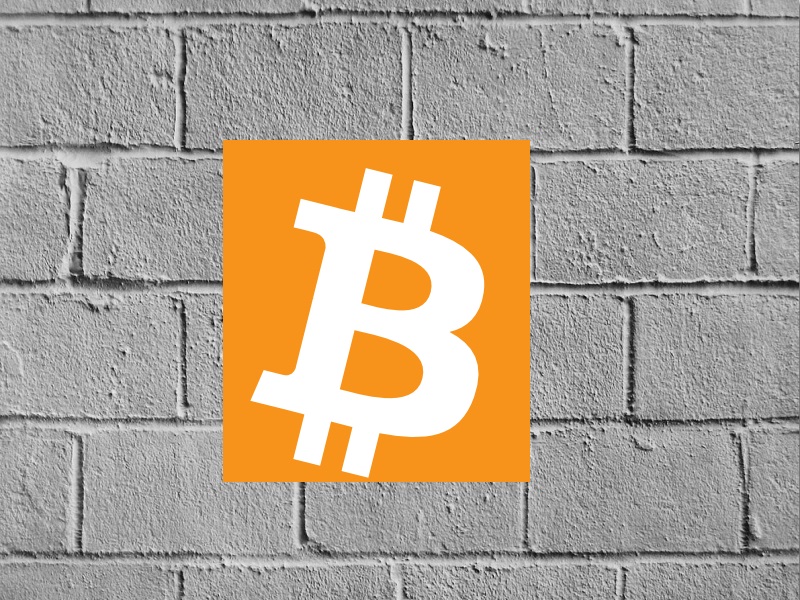The block size battle dominated yet another week in the Bitcoin media circuits. The drama started early in the week when confirmation times crept upwards as lots of small transactions unexpectedly filled up Bitcoin’s small blocks. This frustration quickly erupted into outright flaming, as Bitcoin giants fired shots at the Core development community.
Also read: New EAST Report Shows ATM Skimming is Evolving
Block Size Drama Reaches a Fever Pitch as Bitcoin Giants Get Involved
Frustrations mounted early in the week when Bitcoin users across the internet encountered unexplainable increases in confirmation wait times on the network. Bitcoiners took to social media, publicly speculating on what could be bogging down the network.
On r/bitcoin, a subreddit controlled by Theymos, notorious for censoring any anti-Core discussions, people immediately assumed spam or stress testing to be the culprit. One person outright asked, “Is there a stress test going on right now?” In the comments on other threads, debates considered the possibility of a spam attack, noting that sudden influx of small transactions with low fees. Others simply sought help, asking for advice on how to get their transactions through the network in a timely manner.
BitGo engineer Jameson Lopp captured the irony of this situation on March 3 in a screenshot he posted on Twitter. Lopp captured the front page of the r/bitcoin subreddit, filled with posts regarding the sluggish network, and tweeted the caption, “Signs of free market frustration on /r/bitcoin.” Taking a jab at this predominantly pro-Core faction of the network, Lopp’s tweet highlighted the conflicting preferences of Theymos’ communities; many of them don’t want to change the protocol, but they also seem reluctant to accept the consequences of their conservatism.
The discussion turned from confusion to outright drama on March 4 when Bitcoin giants began weighing in. Brian Armstrong published his reaction to the consensus discussions at the recent Satoshi Roundtable meeting in Florida. In his “What Happened At The Satoshi Roundtable” post on Medium, Armstrong referred to Bitcoin Core developers as a “systemic threat” to the entire Bitcoin ecosystem.
Offering arguments that the Core team has “poor communications skills,” and a lack of “maturity” and pragmatism, Armstrong proposed that the community starts to look for an entirely new team of developers to support.
In his proposal for “a path forward,” the Coinbase CEO suggested an “immediate upgrade to 2MB blocks,” communication with Chinese miners about such upgrades, and the formation of “a new team to work on the bitcoin protocol.
Following Armstrong’s blog post, the Bitcoin community erupted in a mixture of agreement and outrage. The Classic camp nodded in fervent support of Armstrong’s arguments, while the Core faction renewed efforts to discredit Armstrong and Coinbase.
On March 6, another of the Bitcoin giants. Although less inflammatory than Armstrong, Gavin Andresen more or less shared his sentiments regarding the Core supporters he encountered in Florida.
“It has become clear to me that some developers don’t want any on-chain scaling solution any time soon. They believe more theoretically elegant (but technically complicated) off-chain solutions like the Lightning Network are a better long-term scaling solution, and they believe that by resisting a simple limit increase we will get to that long-term solution faster. They are wrong.”
Andresen noted that an increase in off-chain solutions will indeed happen if the block size isn’t raised, but that such a development wouldn’t necessarily be positive. Arguing that “they won’t be the Lightning Network,” Andresen said that the solutions adopted in reality will be “highly centralized ‘clearing’ agreements between exchanges and miners and merchants or merging of miners and transactions creators.”
Pointing to BTCC as an example, Andresen opined that such solutions are “a symptom of an unhealthy network that is becoming increasingly unreliable and vulnerable to attacks.”
Amid all the frustration sprouting from the slowing network, the Bitcoin price suffered. Beginning the week at $436.65, the price slipped into the $420s after the initial frustration coming from rising confirmation times. Following Armstrong’s comments regarding the Core developers, the bitcoin price fell into the low $400s, even briefly dipping into the $390s.
As the week drew to a close, confirmation times sped back up as the flood of small transactions subsided, and discussion over the Bitcoin Giants’ remarks towards the Core developers has died down. Following the cooldown of this week’s drama, the Bitcoin price has since stabilized in the $400s.
What do you think about the big drama that happened over the last week? Let us know in the comments below!
Images courtesy of Jameson Lopp and Gavin Andresen
